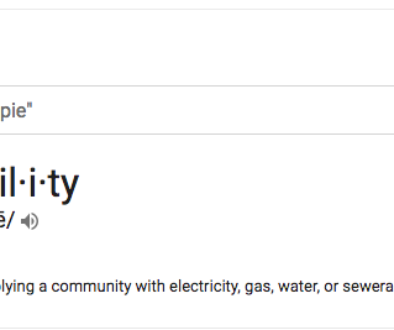How Digg dug itself a hole.
(originally posted to my cyber-anthro community on LJ May 3rd, 2007)
Digg is a social bookmarking site that allows users to ‘digg’ news stories found all over the net adding them to their list of stories and allowing users to comment on the stories everyone else adds as well. The benefit of this is that the more times a story is ‘dugg’ (the more popular it gets), the more likely it will make it to the coveted Digg front page. Many sites strive to be on Digg’s front page because that sends more traffic their way.
On May 1st Digg started censoring any Diggs that went to websites where a code to get past DMCA HD DVD encoding was posted. This is where we start getting into the Cyber Anthro territory. The censoring was noticed rather quickly and the users retaliated by resubmitting the diggs over and over and over again until the site was finally brought down.
Here is Kevin Rose’s (founder of Digg) post on it
Today was an insane day. And as the founder of Digg, I just wanted to post my thoughts!
In building and shaping the site I’ve always tried to stay as hands on as possible. We’ve always given site moderation (digging/burying) power to the community. Occasionally we step in to remove stories that violate our terms of use (eg. linking to pornography, illegal downloads, racial hate sites, etc.). So today was a difficult day for us. We had to decide whether to remove stories containing a single code based on a cease and desist declaration. We had to make a call, and in our desire to avoid a scenario where Digg would be interrupted or shut down, we decided to comply and remove the stories with the code.
But now, after seeing hundreds of stories and reading thousands of comments, you’ve made it clear. You’d rather see Digg go down fighting than bow down to a bigger company. We hear you, and effective immediately we won’t delete stories or comments containing the code and will deal with whatever the consequences might be.
If we lose, then what the hell, at least we died trying.
Digg on,
Kevin
The fire quickly spread over to Wikipedia where people continuously tried to submit it there as well causing Wikipedia to start protecting related pages from new posts, and the entire event has since been given a wiki entry of its own!
To top it all off the code itself now has its own website (http://www.09f911029d74e35bd84156c5635688c0.ws/)
Other sites of interest:
Wired
NYT
What do you think about the issues surrounding the censorship on social networking sites and the response to it all by the communities and users involved?
